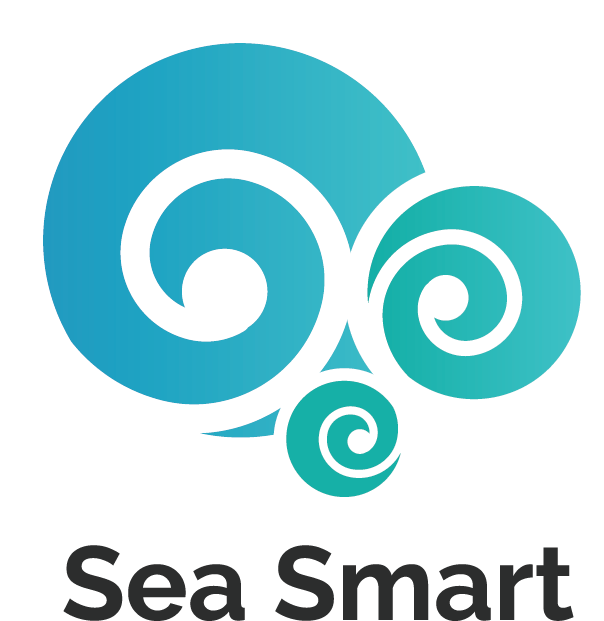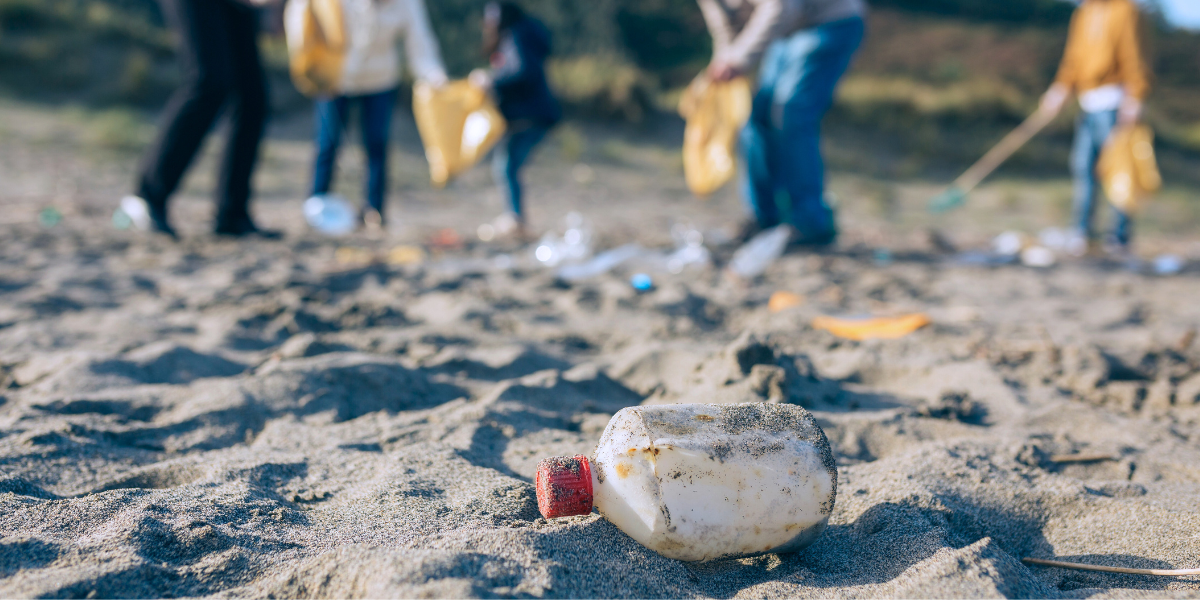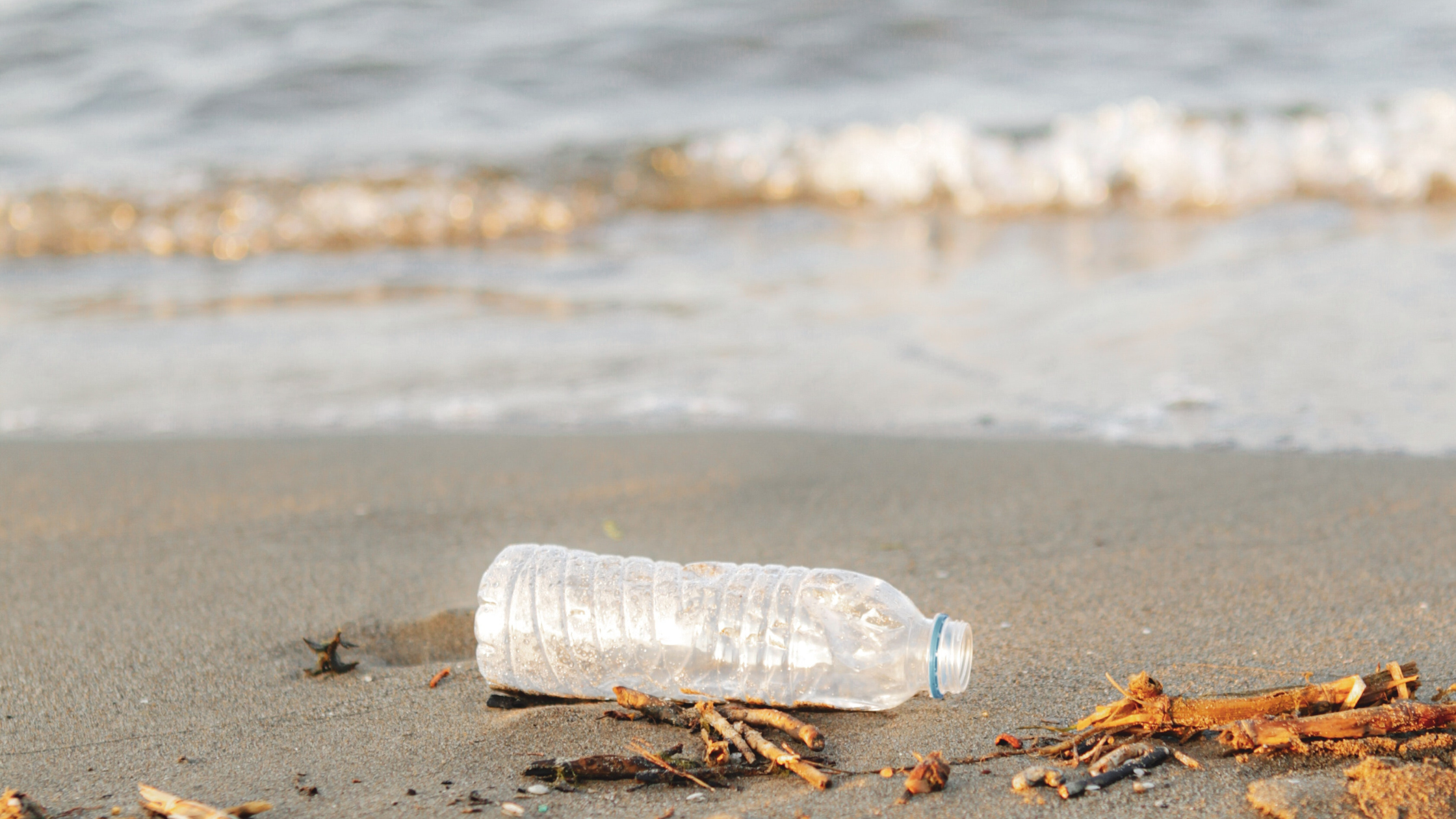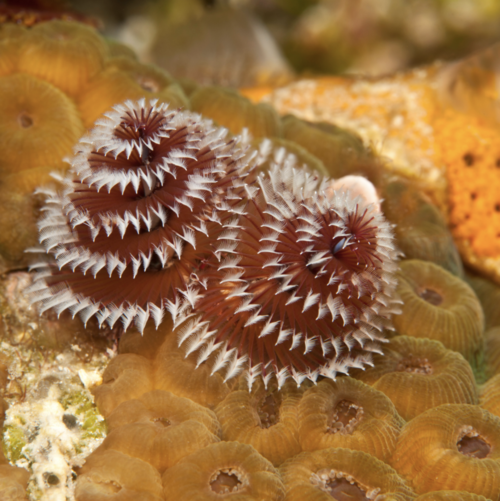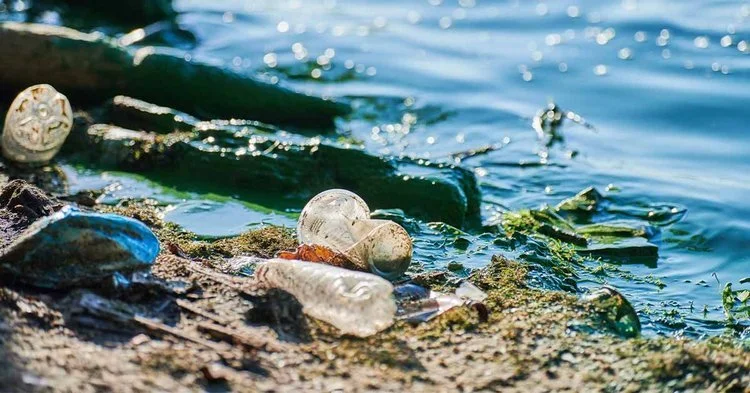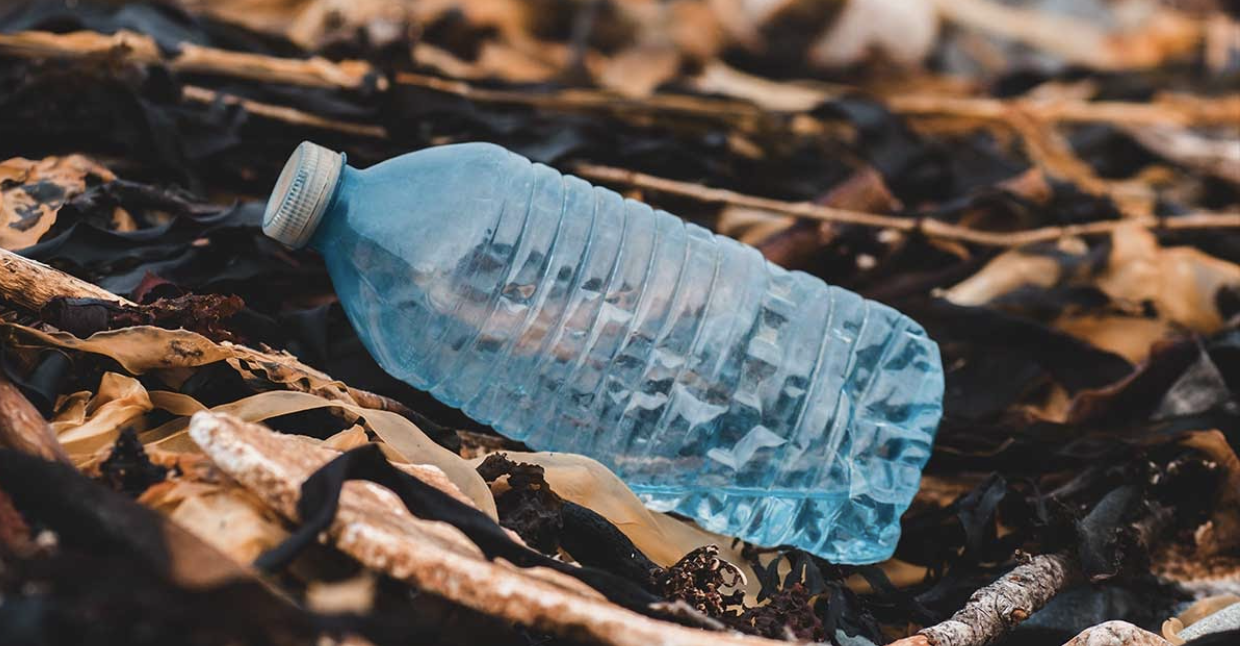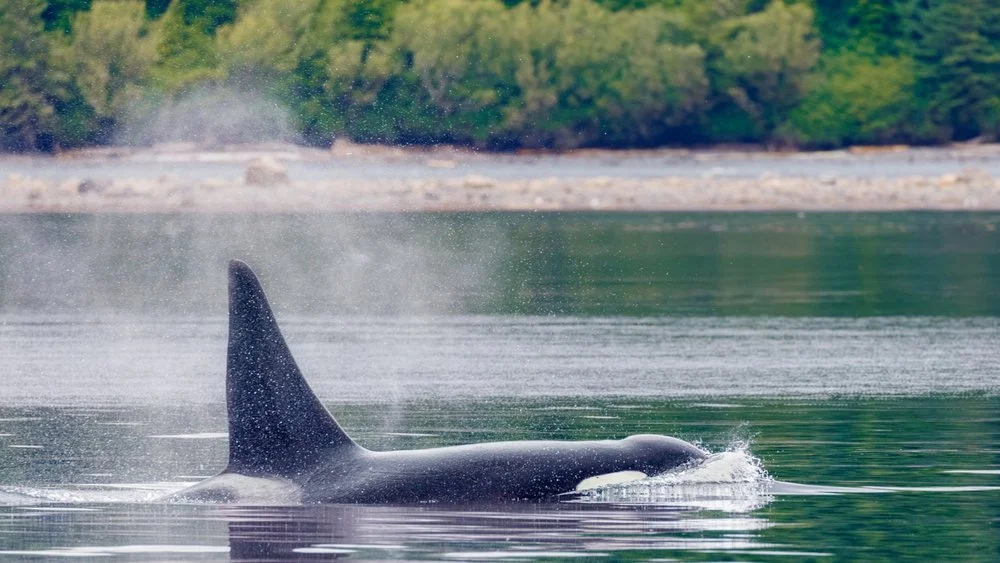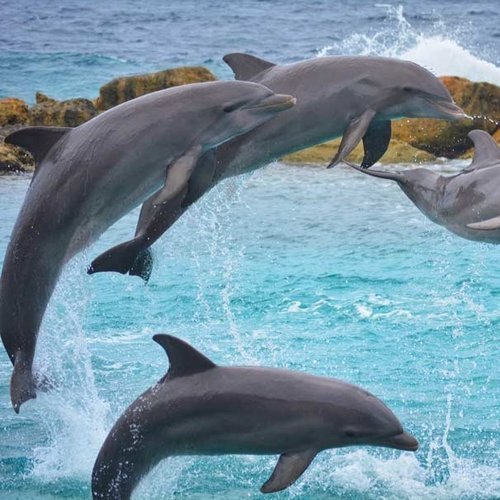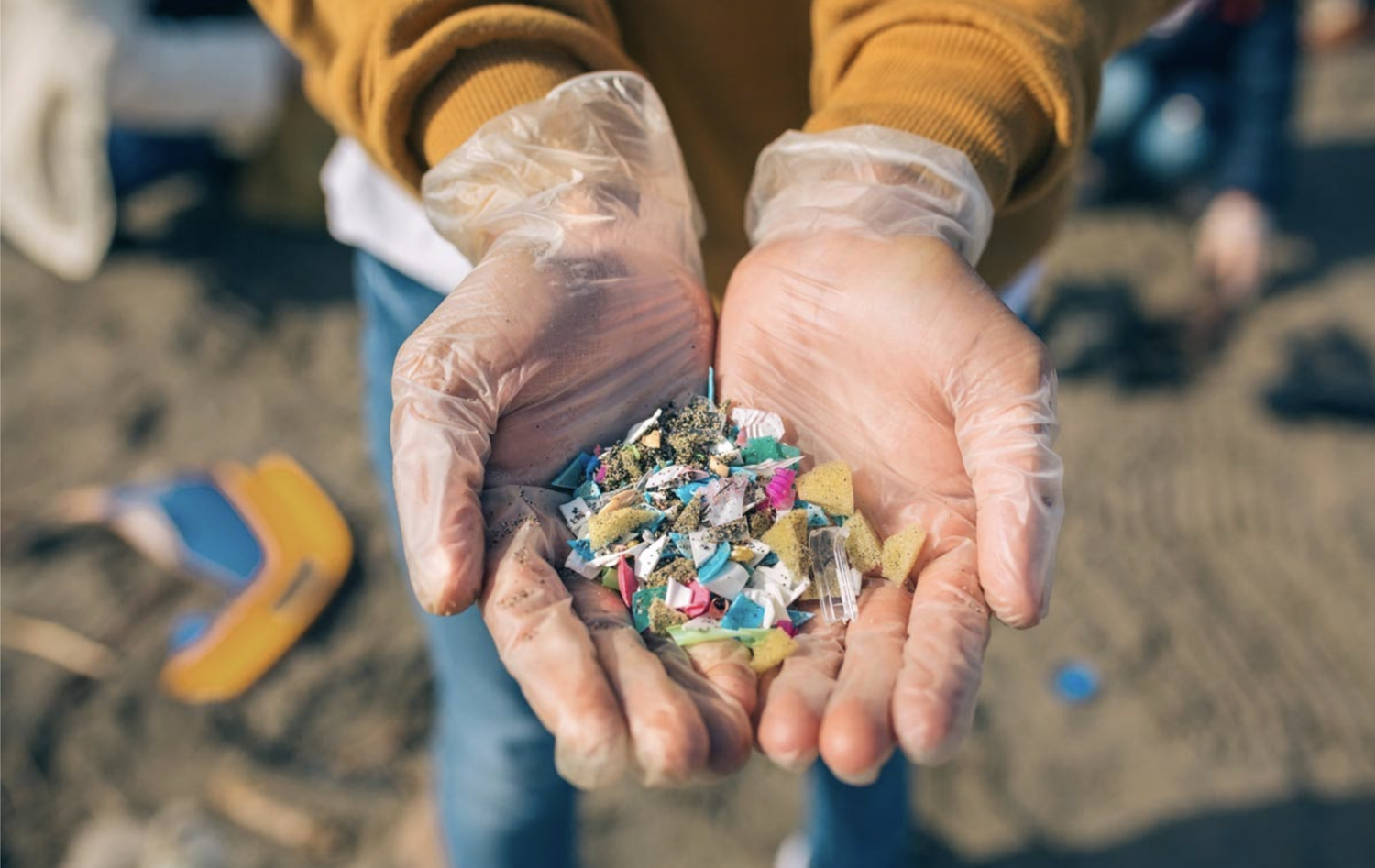
Dive into our blog
Earth Day 2024: Become an Eco-Friendly Camper!
Camping is a wonderful outdoor activity that allows us to connect with nature and enjoy the beauty of the great outdoors. However, it’s important to consider the impact our camping trip can have on the environment. This Earth Day, let’s commit to becoming eco-friendly campers! From using sustainable camping gear to minimizing waste and reducing our carbon footprint, there are many ways we can enjoy our camping adventure while also protecting our planet. Keep reading for tips and tricks on how to become an eco-friendly camper!
Celebrating International Women’s Day
In celebration of International Women’s Day, Sea Smart recognizes the incredible achievements of the women in our team. International Women’s Day is a worldwide celebration of women's social, economic, cultural, and political accomplishments. This year's theme is to "Inspire Inclusion," highlighting the importance of diversity and urging us to challenge stereotypes. At Sea Smart, we take pride in creating safe and inclusive environments for all individuals and strive towards building a more equitable future for all. Our Girls Only Summer Camps engage girls and ignite their curiosity in STEAM subjects (Science, Technology, Engineering, Arts, and Mathematics).
5 reasons your child should get involved in our Summer Camps this year!
Looking for an exciting and educational summer camp for your child? Look no further than Sea Smart's week-long outdoor camps! With activities designed to ignite curiosity and foster a love for the ocean, our camps are the perfect way for your child to explore the great outdoors, gain new knowledge in STEAM, participate in fun activities, make new friends, and become an Ocean Hero! We offer camps for children aged 6-10 at Kitsilano Beach and Trout Lake Park in Vancouver, during July and August 2024. Register today to secure your child's spot!
Garbage is Scary! How to Have an Eco-Friendly Halloween to Reduce Plastic Pollution!
Halloween is an opportunity to show your creative side and have a spooky fun time, but it can also be one of the most wasteful holidays of the year. Between the cheaply made costumes, single-use decor, and of course all the candy wrappers, it’s pretty scary for the planet! Luckily, we have some great tips to help you reduce waste, and keep your celebration scary for the right reasons!
Corporate Beach Cleanups with Sea Smart
At Sea Smart, we offer an opportunity for businesses and organizations to fulfil their corporate social responsibility (CSR) through corporate beach cleanups. These events not only foster team-building and staff engagement but also contribute significantly to the environment.
Why Beach Clean Ups are so Important
As we wrap up another great summer, it's time to reflect on the fun times we had—picnics, beach outings, and quality moments with loved ones. These memories remind us of the beauty our British Columbian coastlines offer. But as summer winds down, it's also an opportunity to shift from just enjoying the beach to taking action for its well-being. We believe that everyone can play a part in keeping our shoreline clean and vibrant.
Plastic-Free July: Empowering Marine Conservation through Everyday Actions
Plastic pollution has emerged as one of the most pressing environmental challenges of our time, with devastating impacts on marine ecosystems worldwide. Every year, millions of tons of plastic waste find their way into our ocean, endangering marine life and compromising the delicate balance of marine ecosystems. However, as individuals, we hold the power to make a difference.
Actions You Can Take this Earth Day
The ocean is a vast and awe-inspiring part of our planet, covering over 70% of the Earth's surface. It is home to diverse marine life and plays a crucial role in regulating climate change and providing resources for human survival. As we celebrate Earth Day, it's essential to understand the importance of ocean conservation and take action to protect our ocean for future generations.
5 Fun Facts about Killer Whales (Orcas) with Prince of Whales
We are proud to announce we have partnered up with Prince of Whales, a Climate Positive designated marine adventure company, to bring Killer Whale education to students and teachers in the Lower Mainland! With the support of POW, we’ve developed unique 1-hour workshops for students K-12 and a half-day workshop for professional development (Pro-D) days.
5 Christmas Sea Creatures
Seas and Greetings! What better way to shell-ebrate the holiday season than by spotlighting a few ocean critters who have no trouble feeling festive? Take a look at 5 sea animals whose names resemble different holiday symbols.
Caitlin’s Story: A Sea Smart Journey
Caitlin’s journey with Sea Smart began in the classroom. A curious student, she had chosen to take Grade 9 Ecology as one of her electives. Caitlin’s teacher organized a workshop series with Sea Smart, inviting Elaine into the classroom to lead discussions and activities about plastic pollution and other ocean threats.
12 Most Polluted Rivers In The World
Rivers are a critical part of our ecosystem; they not only provide drinking water to billions of people, but are also homes to our precious wildlife. However, pollution at global scale, such as the release of industrial, urban and agricultural wastes, has substantially harmed the river ecosystem and threatened the access to clean drinking water. Furthermore, polluted rivers flowing into the ocean can create even far-reaching impacts.
Why We Should Care About Plastic Pollution
Have you ever heard of the Great Pacific Garbage Patch? It’s a giant floating mass of plastic waste brought together by various ocean currents between Hawaii and California. It’s twice the size of the state of Texas! Ocean garbage patches are one of the most visible indicators of just how much plastic is in our ocean today.
Join Us For Plastic Free July!
Started in 2011 by Rebecca Prince-Ruiz and a small group of motivated people in Western Australia, Plastic Free July is now one of the biggest global movements designed to encourage people to reduce the amount of plastic that they use during the month of July. More than 326 million people take part from 177 countries. Many of them choose to keep taking steps towards making their lives plastic-free after July, because reducing plastic waste is a year-round effort.
8 Ways to Celebrate World Ocean Day
World Ocean Day takes place annually on June 8th. The concept was originally proposed in 1992 by Canada's International Centre for Ocean Development (ICOD) and the Ocean Institute of Canada (OIC) at the Earth Summit – UN Conference on Environment and Development (UNCED) in Rio de Janeiro, Brazil.
Finding Your Climate Action Intersection
For our Earth Day panel this year, we decided to tackle one of the biggest challenges when it comes to tackling climate change. Climate anxiety is real! How do we create capacity and joy instead of becoming overwhelmed and exhausted?
Earth Day 2022: 7 Things You Can Do To Celebrate Earth Day
Earth Day is an annual event on April 22nd to demonstrate support for environmental advocacy and protection.
6 Tips for Reducing Plastic Waste in the Ocean
Plastic is an essential material for packaging, manufacturing, fashion, and other types of consumer or commercial products. Unfortunately, mass production coupled with improper disposal of plastic has led to mass contamination in our beloved ocean. According to International Union for Conservation of Nature (IUCN) data, out of over 300 million tons of plastic produced annually, at least 14 million tons end up in the ocean. Plastic makes up 80% of all marine debris found from surface waters to deep-sea sediments. Marine species ingest or are entangled by plastic debris, which causes severe injuries and death. This plastic pollution threatens food safety and quality, human health, coastal tourism, and contributes to climate change.
What are Microplastics?
When exposed to the elements, such as sunlight, heat, and humidity, plastics break down into tiny fragments called microplastics. Microplastics are less than five millimeters long and never go away once they’re in the ocean. For example, microbeads, which are tiny plastic spheres, are added to body washes, toothpaste, and other products to give them extra scrubbing power. Lentil-sized pellets known as nurdles, which are used in the manufacture of many common plastic products, are also intentionally small.
Celebrating International Day of Education
January 24, 2022 is the fourth annual International Day of Education. The United Nations declared this day to celebrate the power of education in bringing peace and development to nations and communities around the world. It is also an opportunity to bring to the forefront the need for inclusive and equitable education that is available to all, including girls and women, and people living in poverty.
